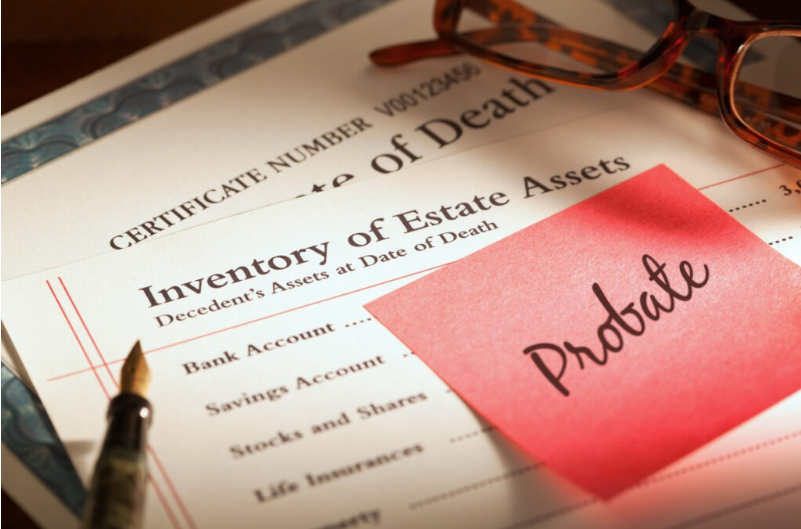Probate vs. Small Estate Affidavit: Which One Do You Need to Claim Surplus Funds?
- Hazel Karen Nicolas Gonzales
- Jul 8, 2025
- 3 min read

When a loved one passes away and their property is sold through a foreclosure or tax sale, there may be surplus funds—the remaining money after all debts and liens are paid. These funds don’t automatically transfer to the family. Instead, you’ll need to follow a legal process to claim them.
If you’re an heir or surviving relative, you might be wondering:
Do I need to go through probate, or can I use a small estate affidavit?
The answer depends on a few key factors: the value of the estate, the number of heirs, whether a will exists, and your state’s specific laws.
🏛️ What Is Probate?
Probate is the formal, court-supervised process of managing a deceased person’s estate. This involves proving a will (if there is one), appointing an executor or administrator, settling debts, and distributing any remaining assets.
Probate is often necessary when:
The estate includes real property (like a home or land)
There are multiple heirs or potential conflicts
The total value of the estate exceeds your state’s small estate threshold
There’s no will or there are legal questions about the estate
Though probate ensures thorough review and legal protection, it can be slow, costly, and complex—sometimes taking months or even longer.
🧾 What Is a Small Estate Affidavit?
A small estate affidavit offers a faster and more affordable alternative to probate, but only in certain situations. This document allows heirs to collect assets—such as surplus funds—without going through full probate.
This process is generally allowed when:
The total estate value is below your state’s small estate threshold (for example, $75,000–$184,500 depending on the state)
There’s no dispute among heirs
Real estate is not involved (in some states)
A waiting period has passed since the person’s death (typically 30–60 days)
You’ll usually need to provide a death certificate, proof of your relationship to the deceased, and notarize the affidavit before filing it with the court or agency holding the surplus funds.

💡 Which Process Do You Need?
To determine the right approach, consider the following:
If the estate is small, has limited assets, and there’s no dispute over who inherits, a small estate affidavit might be all you need.
If the estate is large, includes real estate, has several heirs, or there are legal uncertainties, then probate is likely required.
If probate is already open, and you’ve been appointed as executor or administrator, you can file a surplus funds claim using those documents.
If no estate process has been started at all, you’ll need to determine whether your state allows for a simplified option—or if you must initiate probate.
The safest route? Talk to a surplus funds expert who understands your state’s process and can help determine which path is right for your situation.

✅ How Surplus Refund LLC Can Help
At Surplus Refund LLC, we help heirs and family members recover surplus funds quickly and legally—whether through a small estate affidavit or a full probate proceeding. Our experienced team will:
Determine if your situation qualifies for simplified estate recovery
Assist with all documentation and court filings
Navigate state-specific rules and deadlines
Communicate with the appropriate agencies or courts on your behalf
Provide support and guidance from start to finish
Best of all, there are no upfront costs—you only pay if we successfully recover your funds.
📌 Conclusion
Whether you need probate or can use a small estate affidavit depends on the size of the estate, your relationship to the deceased, and your state’s laws. The process can feel overwhelming—but you don’t have to do it alone.
Let Surplus Refund LLC help you determine the best way to claim what’s rightfully yours.
📞 Contact us today for a free consultation, and let’s take the next step together.





Comments